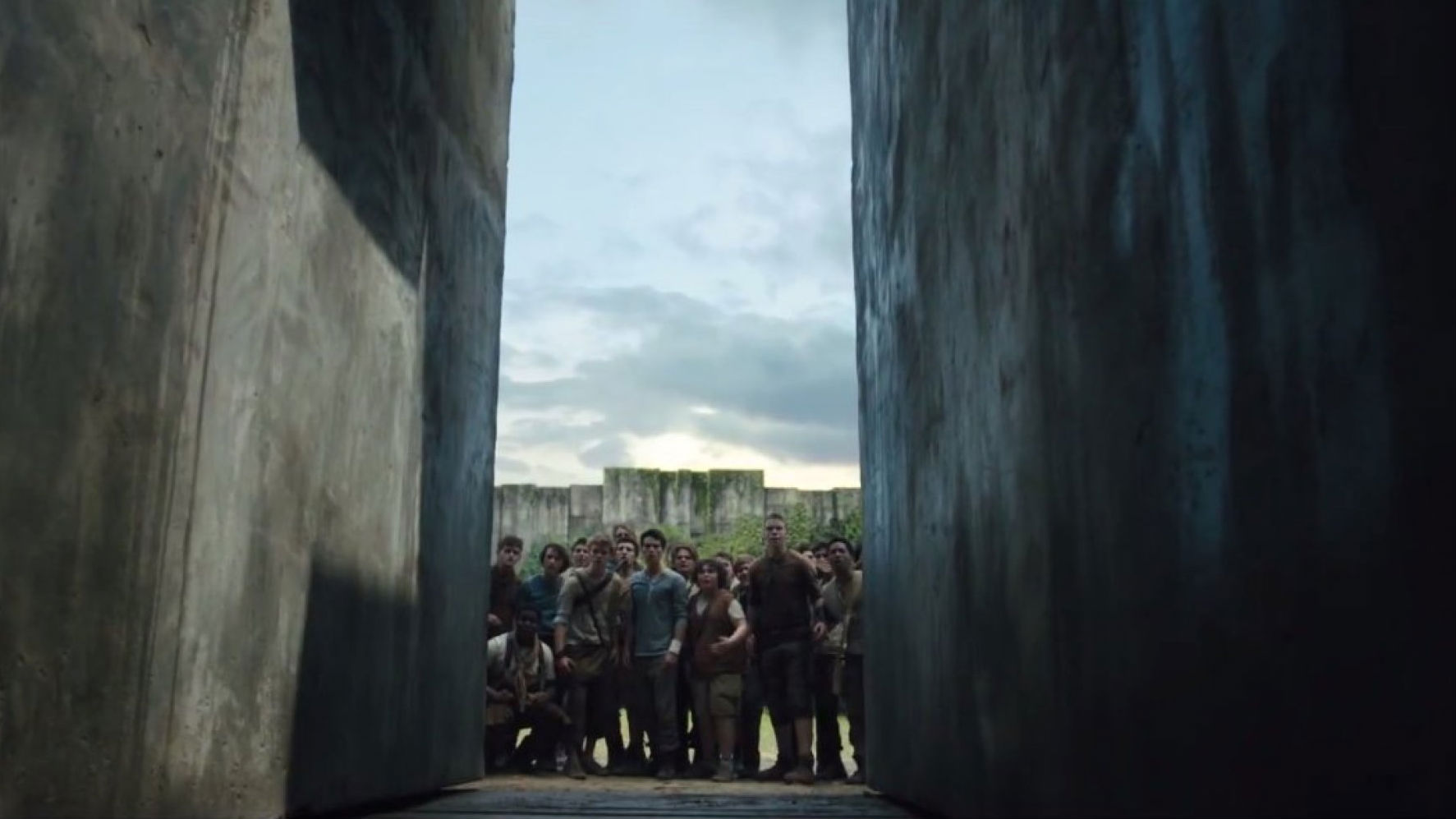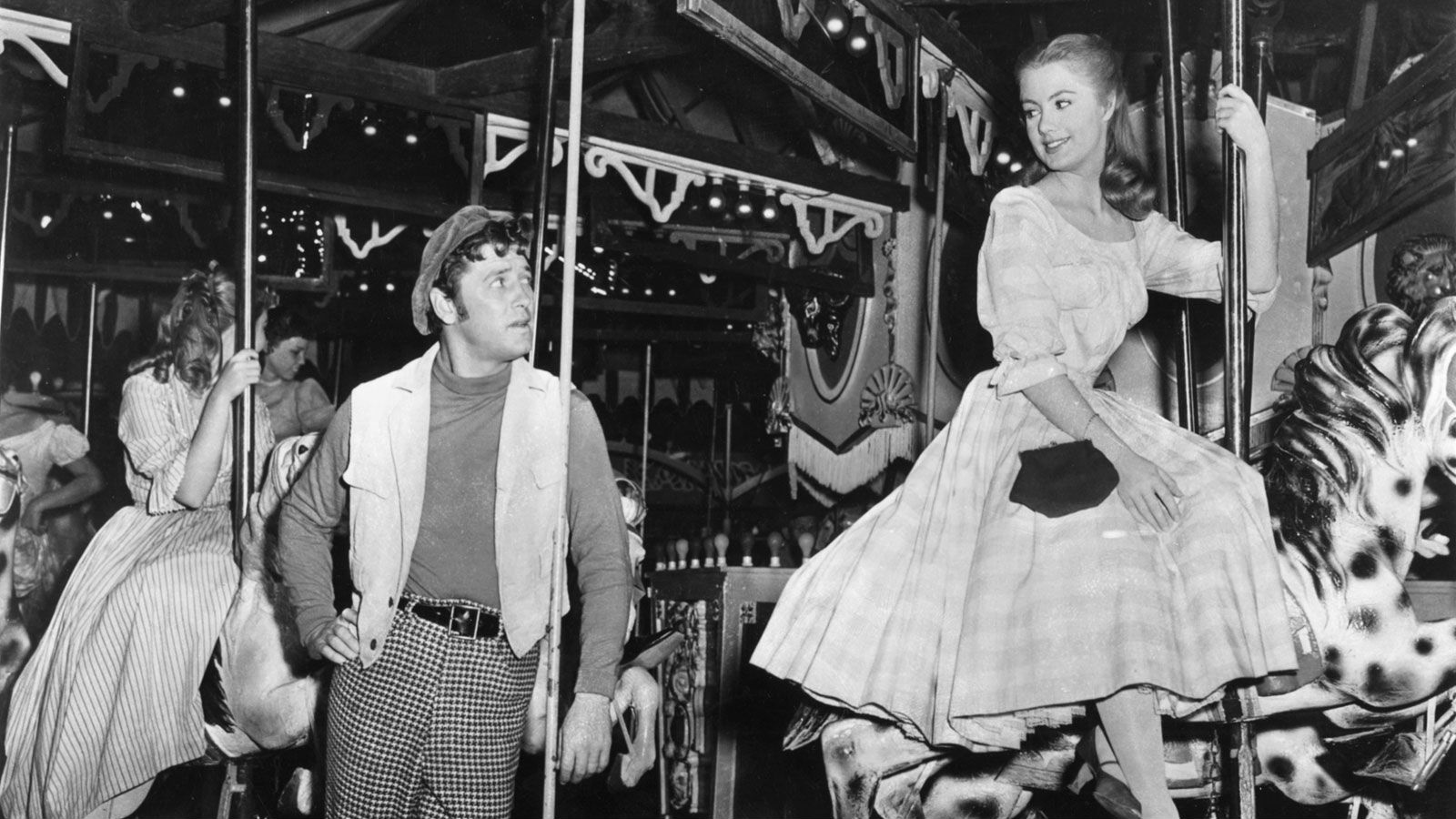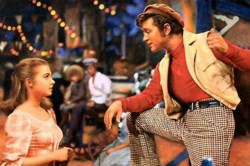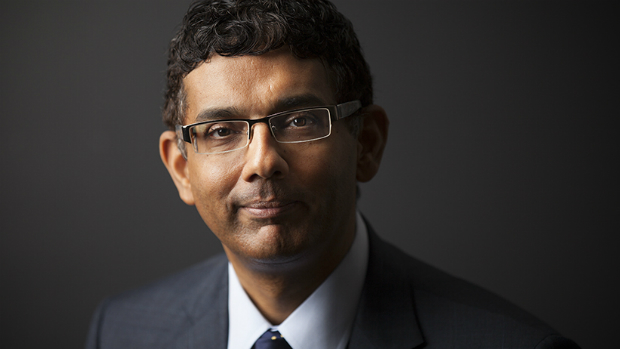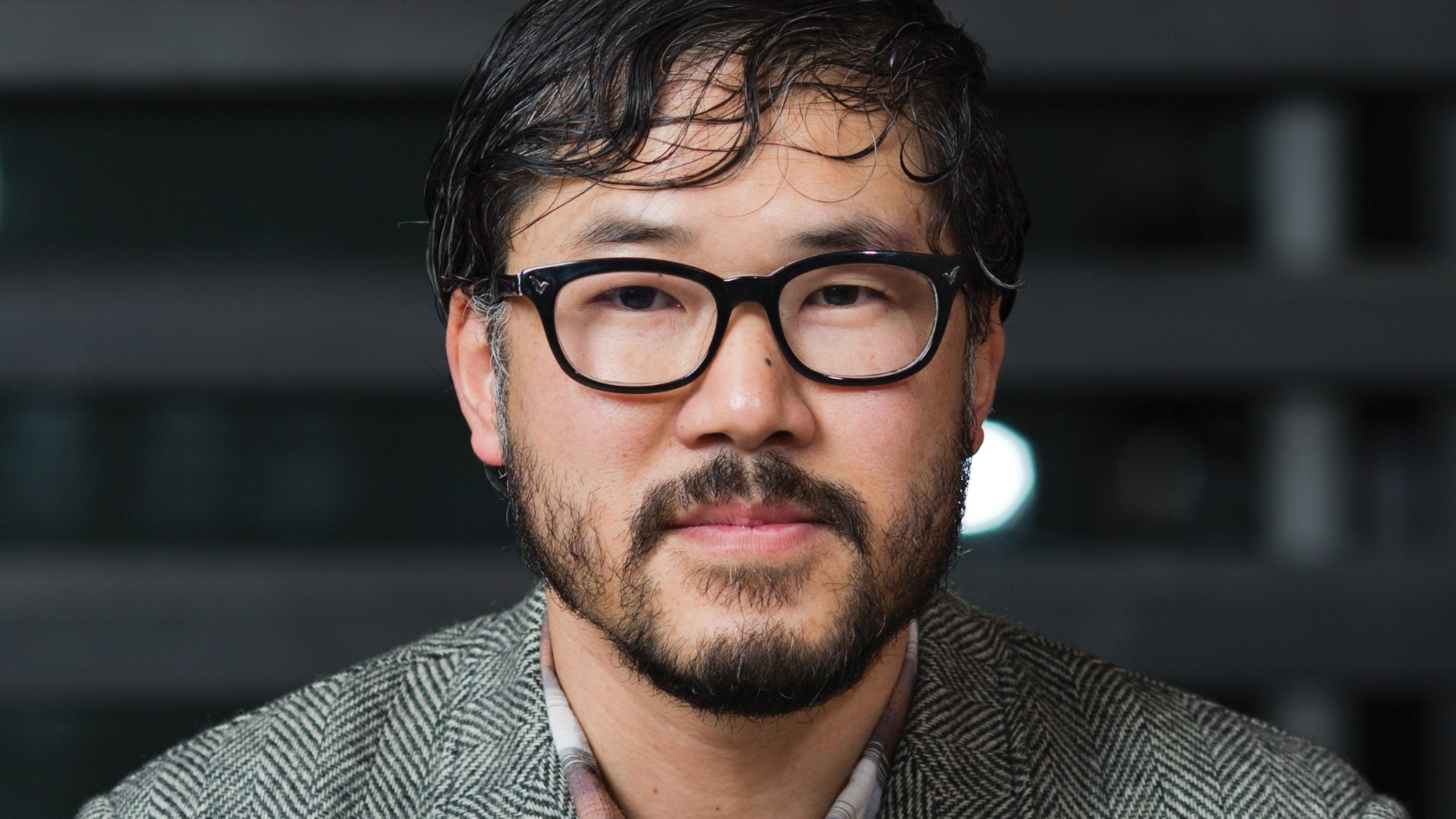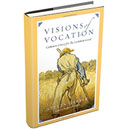The links are on me! Because the Religious Newswriters Association members were at a convention last week, mysteriously, there was no news.
- When the courts rule allowing distribution of religious pamphlets, remember that means all religions.
- Vicky Beeching was interviewed by the Unbelievable podcast host Justin Brierley as to whether a person can still claim to be Evangelical if they are gay.
- Fox News aired a 10-minute feature and first interview with Meriam Ibrahim following her resettlement in the U.S …
- … Meanwhile, Thursday (9/25) marks the two-year anniversary of Saeed Abedini's imprisonment in Iran for his faith. His wife plans to hold a prayer vigil outside the White House to urge the President and State Department to do more.
- Copycat Churches: "When it comes to church planting in this decade, everyone is putting up the same taco stand." 25 questions to determine if you're just doing what everyone else is . (This originally appeared in the summer, but is worth noting.)
- On his CT blog The Exchange, Ed Stetzer proposes a fresh paradigm for issuing pastor credentials.
- I'm not sure what I would be thinking if the head of my denomination expressed frequent doubts about God's existence.
- So how about a worship service that makes you feel terrible? "We must first feel the weight of God’s glory pressing us, pulverizing our vain attempts at good works into dust." Why part of worship’s job is to make us feel uncomfortable.
- A Moody Publishing author slips in to Oprah's Life You Want Weekend in prayer, and leaves still praying.
- Worlds Colliding: Ministry meets martial arts in a short clip from a New York State church's fight night. (The most bizarre video you'll watch this week.)
- Okay everyone, yes, I missed the irony in a link last week. That Caribbean study cruise is on the theme of enduring persecution and suffering.
- Church History (Recent): Termed "The most comprehensive summary of Youth for Christ's 70-year history that's been written;" this takes you to a 25-page .pdf. (Billy Graham was given half a desk to work at.)
- An Orthodox Jewish sect posted notices around a section of London last week trying to segregate men and women on sidewalks.
- This just in: Church choral music is dying. Here's one person's suggestions as to why.
- The noise is always louder when a celebrity falls off the purity wagon.
- Recycling the September Service Sermon: The problem with this message is that not everyone can lead a small group.
- Academic Alley: This review of two chapters of a book on New Testament ethics leaves me wanting to read more.
- Essay of the Week: Lots of buzz around the 'net for this refreshed and expanded 'guard your heart' type of message that Sarah Bessey titled Guard Your Gates.
- A Jewish lawyer, writer and rabbinical student praises Chick-fil-A's Truett Cathy for honoring Christianity's sabbath.
- Even if the Left Behind remake is popular, the doctrine it's based on is not, either among scholars who study Revelation, or people in general outside the U.S. Sample: "Rapture-based theology teaches us to think and hope for an escape from this world, not endurance to persevere in it."
- Pastoral Refresher Course: Eight concise reminders for officiating at a funeral.
- Christian apologist J. Warner Wallace is into a nautical theme lately, with articles about cruise ships versus rescue boats and turning around large ocean liners. (The second article is actually about forming local apologetics organizations.)
- A New Testament professor challenges popular interpretations of four gospel parables.
- Religious institutions that put emphasis on dress codes turn students and staff into modern Pharisees. (One student: "They’re [the codes are] contributing to the spiritual shallowness of our membership")
- Adding a second service next month, one pastor sees multiple services as a big win.
- This should be one of the weird stories we end with, but I'd hate for anyone to miss out on Jim Bakker's Time of Trouble Beans and End of the World Biscuits.
- Though he wasn't a featured guest, Lecrae performed last week on The Tonight Show with Jimmy Fallon.
- Working the seniors' home circuit wasn't the way Pastor Conrad wanted it to end.
- When a church picketed a strip club, they probably didn't consider the means whereby the club would fight back.
- In a recently released documentary film, Nashville pastor Pete Wilson notes that sex trafficking is taking place just 50 feet from his church's front door.
- The California Southern Baptist Convention expelled a church over … well you can probably guess what issue.
- Billed two weeks ago in Toronto as "Festival of Hope," the Franklin Graham team rolls into Erie, PA this Saturday and Sunday under the banner "Rock The Lakes."
- This item links you to the first chapter of a Christian mom's sanitized fan-fiction of Harry Potter aka Hogwarts School of Prayer and Miracles. Also some clarification of her intent.
- A "Virginity Rocks" T-shirt results in an eighth-grader being forced to change.
- Lost Songs Department: From 41 years ago –gasp!– Jesus Music band The Archers' Put On Jesus. (It says The Archers, not The Archies.)
- If you're up for one more round on this topic, a former women's ministry leader at Mars Hill answers questions.
- It always amazes me how people who can't do everyday tasks are able to do extraordinary things.
- Finally: When your child swears in Sunday School: Identifying 15 Awkward Church Moments.
Paul Wilkinson blogs daily at Thinking Out Loud and poaches devotional material anywhere he can find it at Christianity 201.



